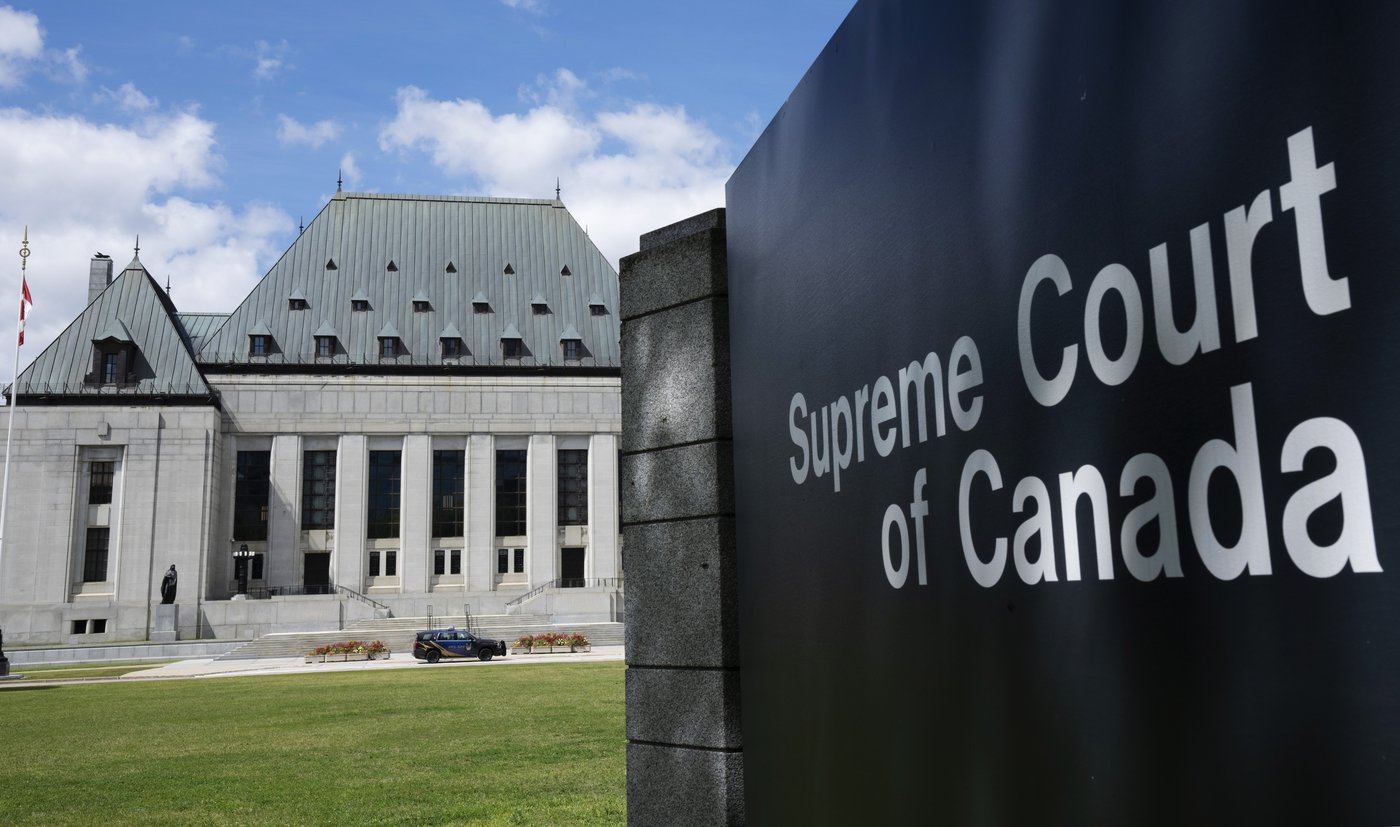A key section of Premier Doug Ford‘s controversial campaign finance law has been struck down by the Supreme Court of Canada.
In a 5-4 ruling Friday, the high court found it was unconstitutional for Ford to limit pre-election spending by unions and other third-party groups in his 2021 legislation.
It’s a major legal triumph for a coalition of labour unions and the Canadian Civil Liberties Association, which opposed the Progressive Conservatives’ bill that limited their spending to $600,000 on advertising and other political activities in the 12 months before an election.
“It’s a great victory for democracy and for Canada,” Patrick Dillon, a key architect of the Working Families coalition of unions, said Friday.
“We’re just disappointed that it took so long,” said Dillon, noting Ford has won two elections since ramming through the law.
Writing for the majority, Justice Andromache Karakatsanis, was withering in her judgement.
“Limits that restrict rather than promote citizens’ access to diverse information and views may violate their right to meaningfully participate in the political process,” said Karakatsanis.
“Third party advertising assists citizens in casting an informed vote as third parties encompass a diverse range of citizens and groups who aim to provide information to other citizens and draw attention to issues of importance to them,” she wrote.
Karakatsanis noted the provisions in Ford’s bill had “the clear potential to severely curtail voters’ exposure to different views on the political issues that define their community in the year before the election period,” which was unfair.
“The statutory provisions create an absolute disproportionality in the broader political discourse that deprives voters of a broad range of views and perspectives on issues during a critical period in the democratic cycle,” she wrote.
“This undermines the voter’s right to an informed vote and to meaningful participation in the electoral process.”
Ford, whose government has yet to react to the legal loss, pushed through the law over concerns “it was the Wild West” in terms of pre-election advertising.
In 2021, he made history as the first Ontario premier to invoke the Charter of Rights’ “notwithstanding” clause to overturn a judge’s ruling that the spending-limit legislation was unconstitutional.
Ford rushed through the law because he was worried about an onslaught of anti-Tory advertising before the June 2022 election.
His party was easily re-elected that year and the unions, whose ad blitzes helped the Liberals win the 2003, 2007, 2011 and 2014 election, were largely silenced.
After the Ontario Court of Appeal struck down the law in July 2023, Attorney General Doug Downey appealed to the Supreme Court.
That meant the unions’ advertising was also limited before the Feb. 27 election, which the Tories won.
The Working Families coalition, the Elementary Teachers’ Federation of Ontario, the Ontario Secondary School Teachers’ Federation, the Ontario English Catholic Teachers’ Association and other unions said that curb violated their rights.
There were two separate minority dissenting opinions from the Supreme Court justices.
Chief Justice Richard Wagner, in one of the dissents, argued the Ontario government had not infringed upon any Charter rights because “the right to meaningful participation … does not guarantee a right to unlimited participation.”
Two years ago, the Ontario Court of Appeal found that “the notwithstanding clause was properly invoked,” but concluded Ford’s law still infringed upon Charter rights.
The unions’ legal challenge relied on Section 3 of the Charter, which guarantees that Canadians are able to “play a meaningful role in the electoral process.”
Unlike the constitutional rights overridden in Ford’s 2021 law, politicians cannot use the notwithstanding clause to supersede Section 3 rights.
At Queen’s Park, the opposition New Democrats, Liberals and Greens all opposed Ford’s government taking the case to the Supreme Court.
They contended the Tories should go back redraft legislation that doesn’t infringe upon people’s rights.
This is a developing story.



